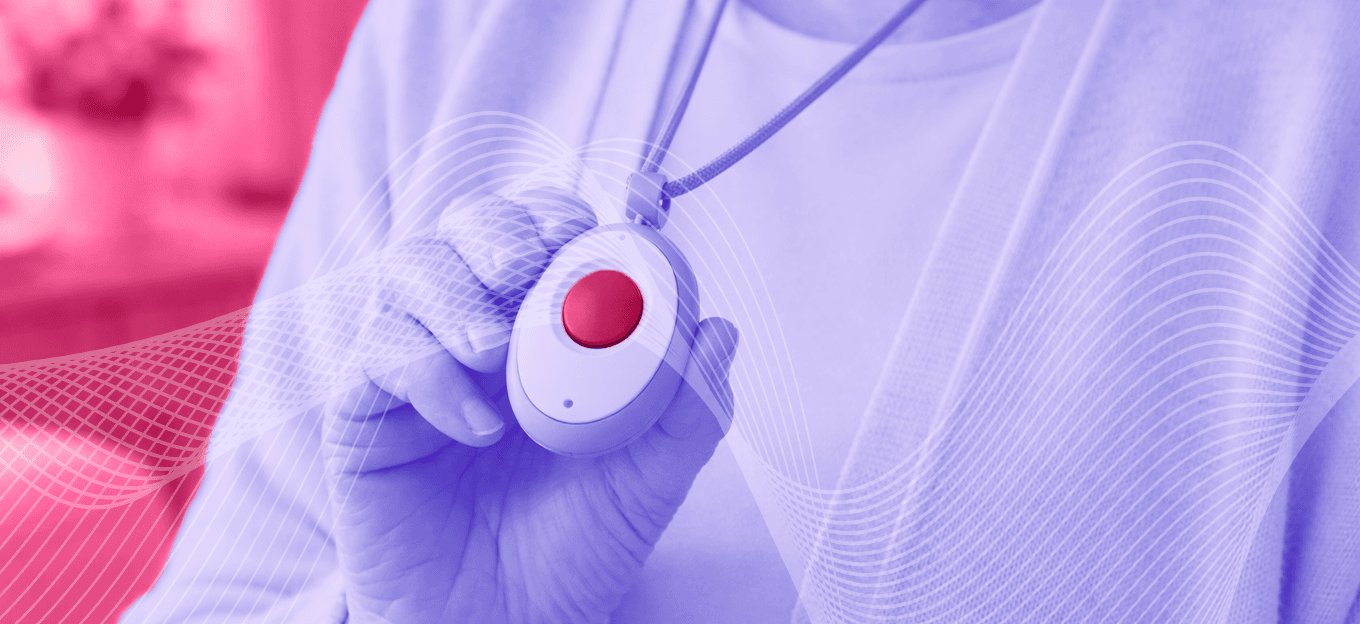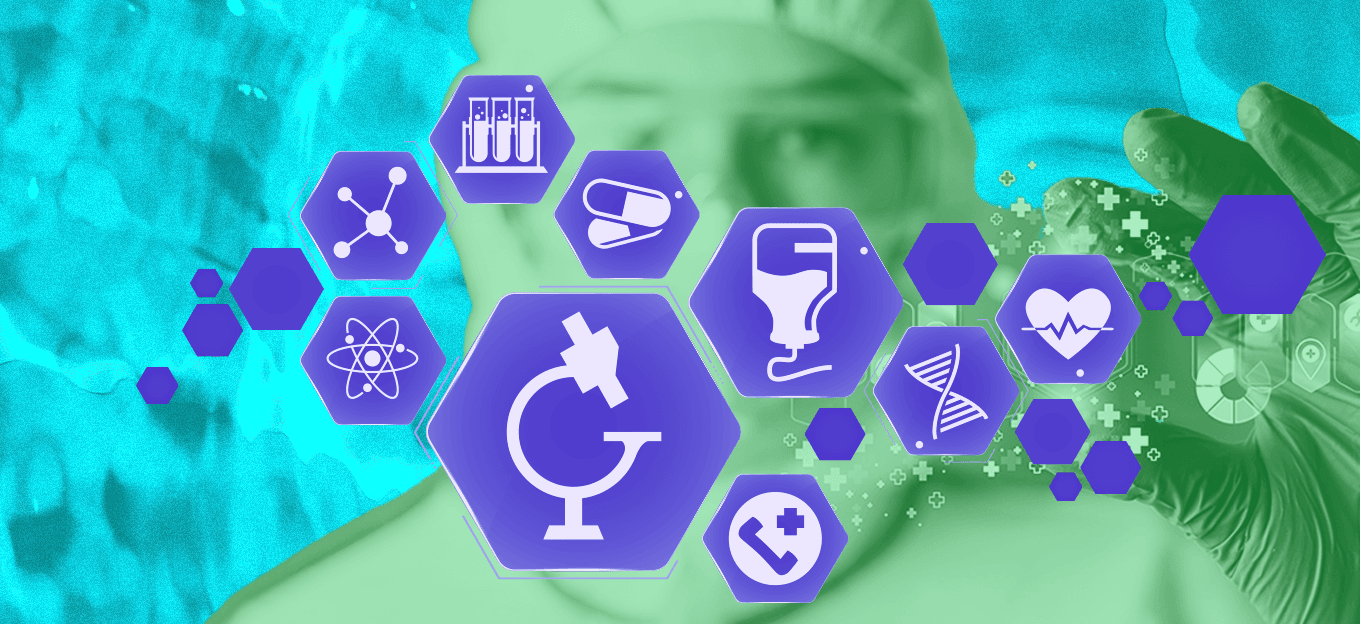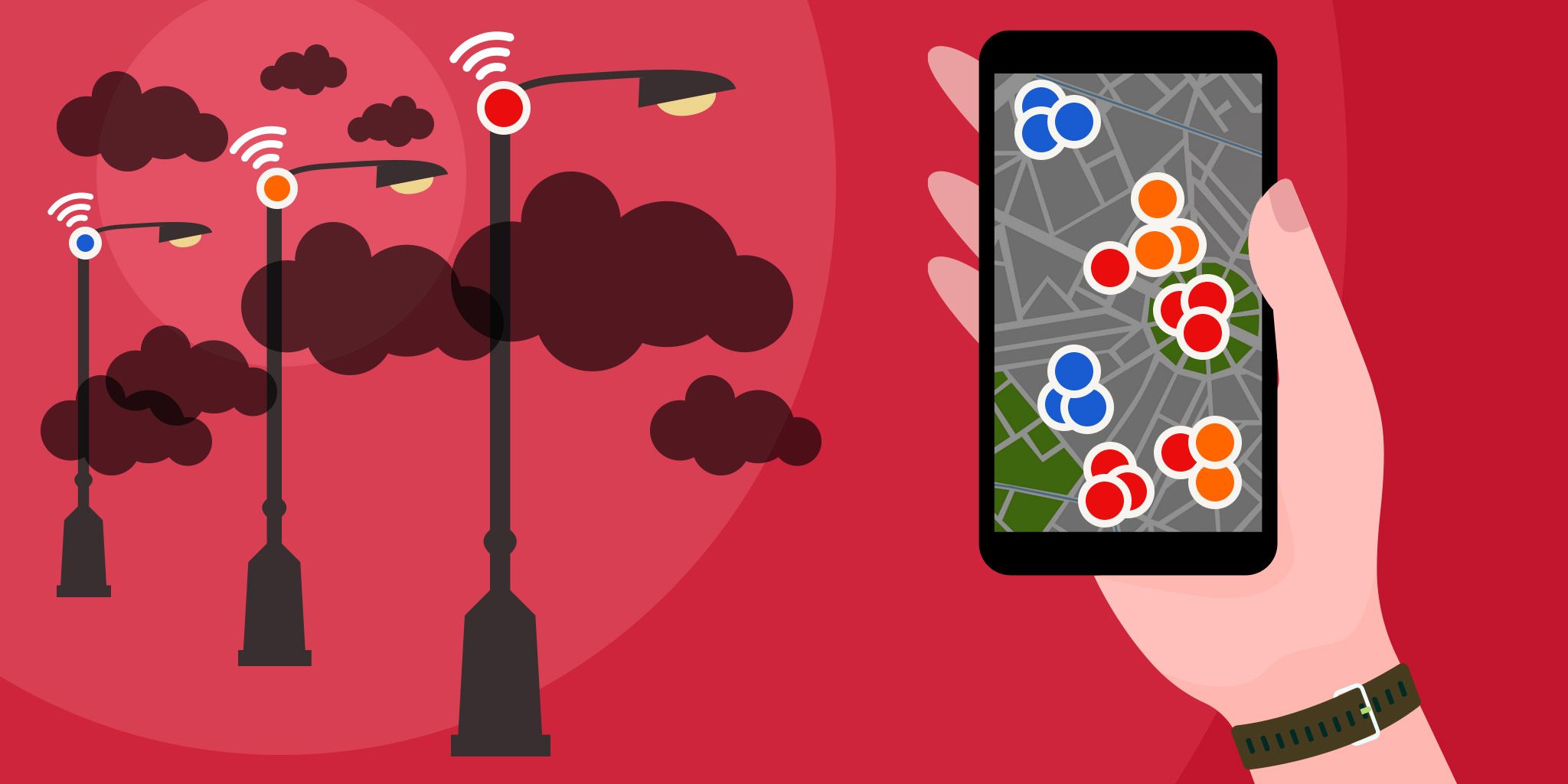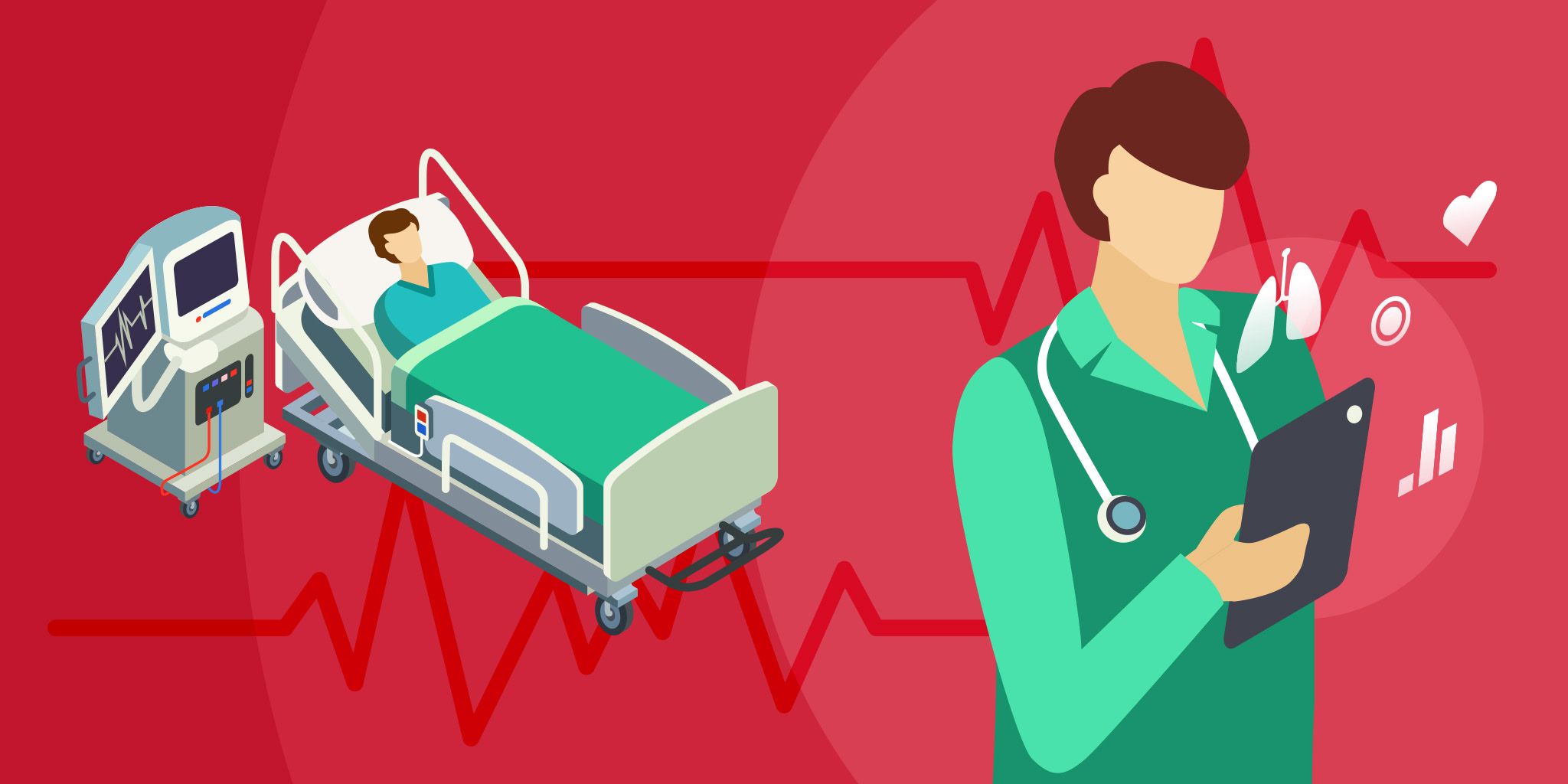How Beacon Sensor Technology Helps Hospitals Cut Down Costs
How Beacon Sensor Technology Helps Hospitals Cut Down Costs
- Last Updated: December 2, 2024
Minew
- Last Updated: December 2, 2024
According to a survey conducted by the Healthcare Financial Management Association and Navigation, there is a continuous increase in labor budgets and an ongoing shortage of physicians, mental health providers, and nurses. For this reason, reducing the operating expense of the hospitals is the primary focus in the current year. However, currently, hospitals are already challenged by expenses and managing costs. On the other hand, admissions and reimbursements are tanking as well. This is where health beacon sensor technology steps in! This technology provides healthcare professionals an opportunity to streamline their services while reducing expenses.
Beacon sensor technology provides healthcare professionals the ability to streamline services while reducing expenses associated with monitoring and tracking devices.
What Is a Beacon Sensor?
A beacon sensor is a wireless sensor that works by detecting the movement of an accelerometer, a button press, sensors monitoring things like air pressure, humidity, light level, smoke, natural gas, moisture levels, and NFC in hospitals. This feature is extremely suitable for the Internet of Things (IoT). These beacon sensors are one of the latest developments in proximity marketing and location technology. To put it in simple words, they play a significant role in connecting and transmitting information to smart devices or other Cloud platforms. This is what makes them extremely suitable for location-based searching and accurate interaction in hospitals.
How Does a Health Beacon Sensor Work?
The working of a beacon sensor is incredibly simple. Each sensor device consists of a CPU, a radio, and typically a battery (some sensor beacons are battery-free, though). These components work together to broadcast out an identifier. Your device or the Bluetooth signal receiver then picks up this identifier. This device is usually a smartphone which then marks out a crucial place in the hospital environment.
An important thing to note here is that this identifier is a unique ID number that your cellphone recognizes from the sensor device. Once it is connected successfully, it will efficiently carry out the functions that you have programmed it to perform.
How Can Health Beacon Sensor Technology Benefit the Hospitals?
The beacon sensor technology can help hospitals in a lot of different ways. As a result, they can easily cut down on their cost and excel in their profession. Let’s take a look at some of these advantages below.
Better Equipment Utilization and Asset Tracking
We all know how hospital assets are extremely costly. For example, the bed alone includes much expensive equipment. In addition to this, the nurses and the doctors also use different valuable tools on daily basis. However, keeping track of all of this equipment is a huge responsibility, since hospitals are big. So, the staff works in several different areas with different objectives. All of this can result in the displacement of costly assets. Not only that but they can be sometimes left in disuse as well.
However, when you implement the sensor technology, the staff will always keep a track of the location of the valuable assets. Even when the staff misplaces any tool, the beacon device can easily help you find it. For this reason, this technology is known as the comprehensive method for tracking the assets of the hospital.
This indicates the spending of less money on extra equipment. Not only this, but the healthcare administrators can have the tools at their disposal all the time. Moreover, for patients, this means that they get a better and faster service.
Help Get Patients to Doctors Faster
Doctors and nurses need to keep running from one patient to another in the hospital. This can result in an unnecessary waste of time. However, with the help of health beacon technology, you can significantly reduce the time required to meet and help patients. Sometimes, it can even lead to better compliance practices of data and healthcare security. In addition to this, the sensors can also support the staff through the capabilities of indoor navigation. As a result, doctors and nurses can be more easily guided through various departments and straight to the patients.
Automated Entry and Access
One of the most significant aspects of hospital management is maintaining the security of the hospital's wings and buildings. In addition to this, there are varying levels of access that need to be given to each of the rooms. There are restricted areas as well. Here, the medical facilities can easily utilize beacon sensors to automate the entry to the area. All the staff needs to do is use automated access instead of using ID badges. This is a great advantage, as there is a huge chance of the misplacement of the ID badges and the keys.
Moreover, the managers in the hospital can also utilize the beacon cards to provide the staff with particular rights for different locations. The hospitals can even use it to locate the nearest doctor easily in case of an emergency. This technology is extremely important for patients and visitors as it lets them automate the check-ins. As a result, they will no longer need to stand in line.
We all are aware of the fact that how stressful and hard it is for visitors to visit the hospitals to meet their loved ones at times. Even though they want it to be fast as possible, this can be painfully long. However, with the help of this technology, the visitors can easily locate their relatives and friends admitted to the hospital. As a result, there will be less frustration.
Compliance Recording and Tracking
Sometimes, hospitals have a hard time keeping up with the safety practices to ensure the security of the patient’s information. Other than that, data compliance is also another huge problem that the healthcare sector faces. However, with the help of beacon sensor technology, you can easily create a secure system against improperly accessed data. What more do you want?
Final Words
Overall, beacon sensor technology plays a significant role in hospital management. That’s because it helps management in increasing the efficiency of its operations and with reduced cost. For this reason, the technology is gaining quick recognition in hospitals.
The Most Comprehensive IoT Newsletter for Enterprises
Showcasing the highest-quality content, resources, news, and insights from the world of the Internet of Things. Subscribe to remain informed and up-to-date.
New Podcast Episode

How Smart Labels Transform the Supply Chain
Related Articles




